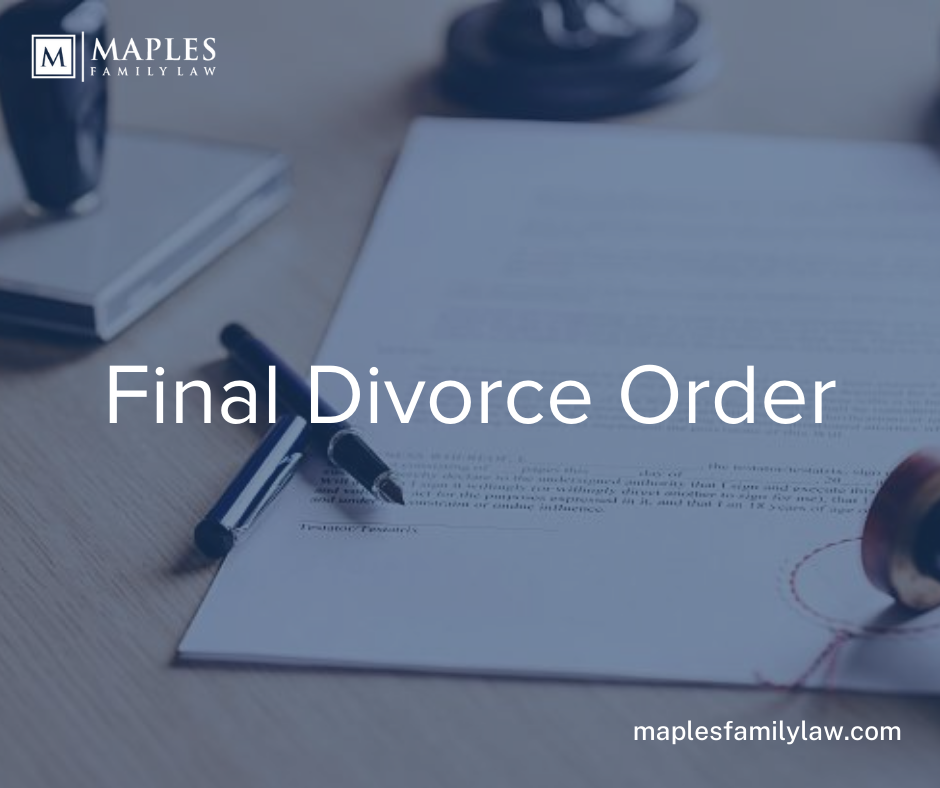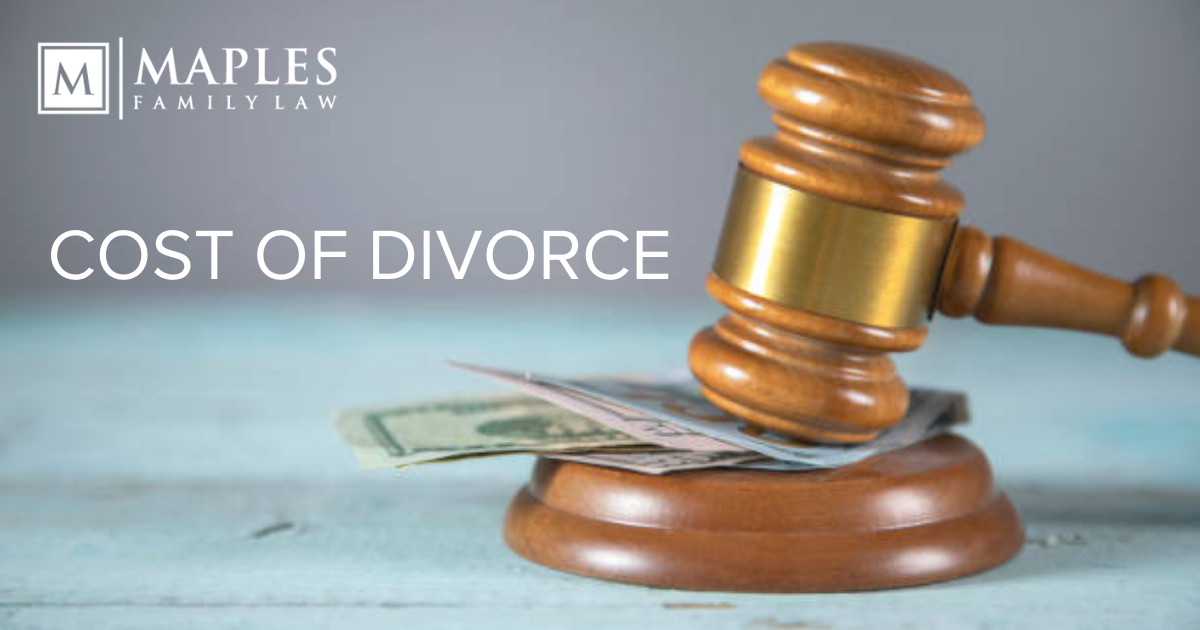
Is Divorce Bad for Kids?
Each year, divorce affects about 1.5 million kids across the U.S.
For most parents going through the divorce process, it’s incredibly difficult. They’re asking themselves, “Am I harming my kids? Will this cause my children emotional scars? Will my kids ever be okay again?”
Parents worry about these things long before they file for divorce, and many choose to remain in unhappy marriages because they’re worried about the affect a split would have on their kids.
But research suggests that kids can—and typically do—bounce back when their parents divorce.
Is Divorce Bad for Kids? What the Science Says
Many kids experience short-term, negative effects stemming from their parents’ divorce. However, according to a study conducted at the University of Virginia (and a significant amount of research, like this, this, and this), the negative effects usually diminish or disappear within two years. A study by sociologist Paul R. Amato published in the Journal of Marriage and Family says the same: The majority of children bounce back, and by the time they’re adults, they’re on par with their peers with married parents do when it comes to behavior issues, self-concept, and social relationships.
There are things you can do to make your divorce easier on your kids. You’re not going to make it completely painless—nobody can pull that off—but you can significantly reduce your children’s stress and help them work through the emotions they’re feeling by adopting a few simple principles.
How to Make Divorce Easier on Your Kids
The way your children react to divorce will be different from the way your nieces and nephews, friends’ kids, or their classmates react. It’ll depend on their ages, personalities, and what brought about the divorce in the first place (including how much they know about the circumstances).
What you can do is to keep visible conflict—shouting matches, legal talk, and rudeness—away from your kids, regardless of their ages or their maturity levels. Experts also suggest:
- Keeping your kids on a good routine. Don’t pull them out of sports or music lessons, and try not to switch schools in the middle of a school year. Try to keep them on a familiar schedule, too. Naturally, you’ll have to make some adjustments; your ex will pick them up from school, or they’ll spend the weekends with their other parent. Those kinds of adjustments are fine, as long as your children know what to expect. (Nobody likes to be told at the last minute that their plans have been changed for them!)
- Keeping negativity (and blame) to yourself when your children are around. This goes for both parents. Don’t forget, too, that what your grandmother said was true: Little pitchers have big ears. Even if you think your kids can’t hear you or understand what you’re talking about, there’s a good chance they’re absorbing every word. (If you’ve ever tried to keep an after-dinner trip to the ice cream shop on the down-low when there were children within 50 feet, you know exactly what we’re talking about.)
- Keeping both parents involved in the children’s lives. Kids need both parents for emotional (and financial) support. Even if one parent only gets a limited amount of time with the kids, that time is essential to their well-being.
- Seeking outside help if you need it. It can’t hurt to have your children talk to a therapist or counselor who’s trained in helping kids through stressful life events such as divorce. You’re a parent, and you know your kids better than anyone else does; if you think they need help, ask your Stockton divorce lawyer to refer you to a counselor or therapist with a track record of helping kids navigate the muddy waters of divorce.
Do You Need to Talk to a Lawyer About Divorce?
Divorce is never easy, but working with an attorney who understands what you and your kids are going through can make it a lot less stressful.
If you’d like to talk to a divorce lawyer in Stockton right now, call us at 209-910-9865 or get in touch with us online. We’ll discuss your situation and start mapping out a plan that gets you and your children the best possible outcome.






